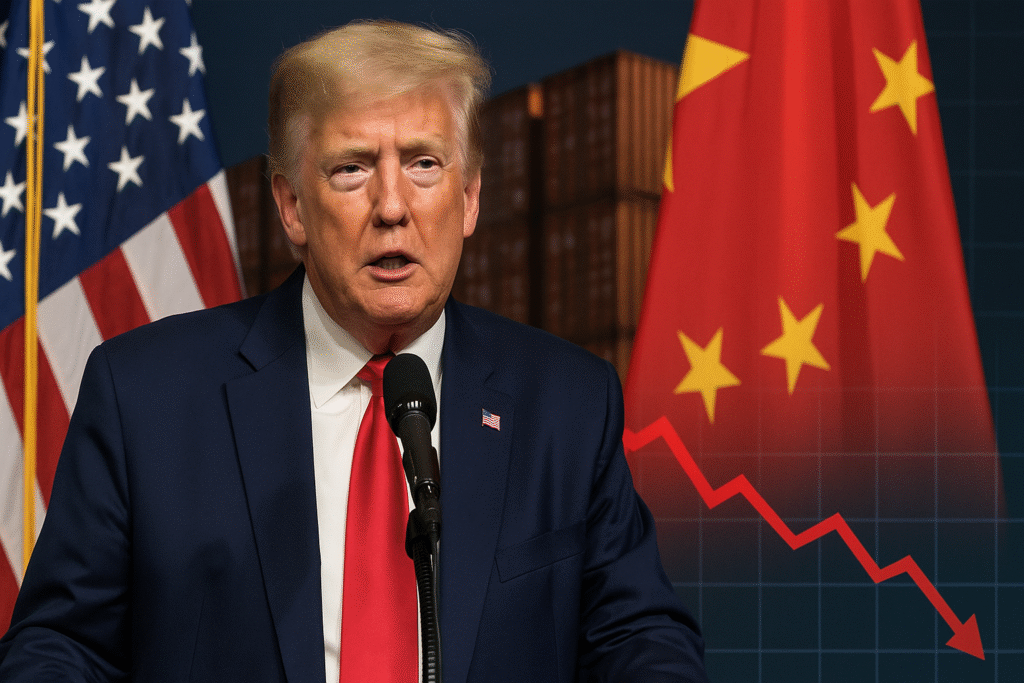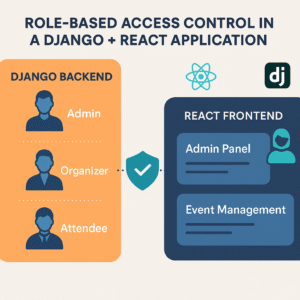Washington, D.C.: US President Donald Trump has acknowledged that his proposed 145% tariffs on Chinese goods may not be sustainable in the long run, even as he defended the decision by accusing Beijing of exploiting America for decades.
In an interview with Fox Business on Friday, Trump said the new tariff levels were likely too high to maintain indefinitely.
“It’s not sustainable,” Trump admitted when asked about the economic impact. “But that’s what the number is… they forced me to do that,” he added, referring to China.
Trump claimed that China’s alleged unfair trade practices and dominance in key industries justified his aggressive tariff stance.
“Beijing is always looking for an edge. They ripped off our country for years. China did a number on us — they took money out. Now, it’s reversed. We have a very strong adversary, and they only respect strength,” the president said.
Background: US-China Trade Tensions Reignite
The US-China trade war has re-emerged as a central global economic concern. Tariffs on certain Chinese imports had already reached 145% in earlier phases of the trade dispute. Trump’s latest threat of an additional 100% levy came in response to China’s new export restrictions on rare earth minerals, critical for US technology manufacturing.
Despite the fiery rhetoric, Trump confirmed that he intends to meet Chinese President Xi Jinping later this month. “I don’t know what’s going to happen. We’ll see,” he remarked.
Meanwhile, Treasury Secretary Scott Bessent hinted at possible flexibility, saying there may be an extension of the tariff pause if negotiations progress. Bessent also revealed that 85 US senators have expressed willingness to grant Trump authority to impose tariffs up to 500% on Chinese entities dealing in Russian oil.
Global Economic Concerns
The tariff escalation has renewed fears among economists and global investors about potential disruptions in global supply chains. Analysts warn that prolonged trade restrictions could raise consumer prices in the US, strain manufacturing sectors, and destabilize global markets.
As tensions between Washington and Beijing deepen, both nations appear to be testing diplomatic and economic limits ahead of their upcoming high-level talks.
Originally published on newsworldstime.com.
Originally published on 24×7-news.com.








